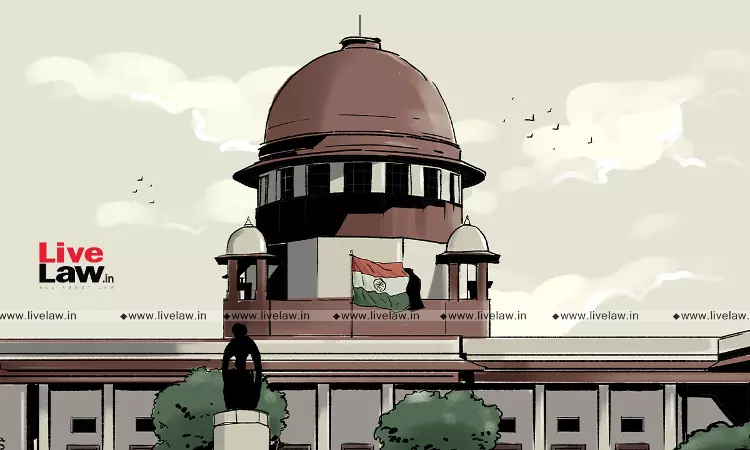The Supreme Court held that a sale deed executed by the person (not being an owner of the property) in the plaintiff's favor wouldn't entitle the plaintiff to claim ownership/possession over such property. Reversing the findings of the High Court which held the plaintiff to be an owner of the property, the Bench Comprising Justices Sanjay Karol and Sanjay Kumar observed that the...

